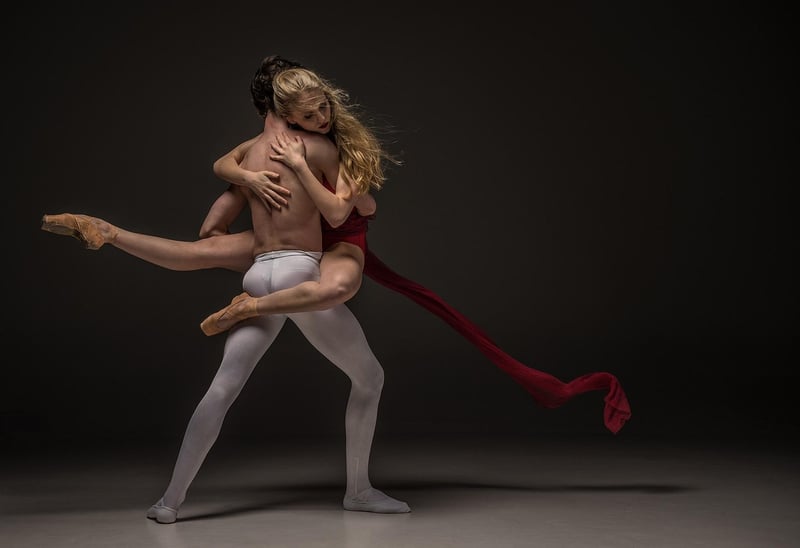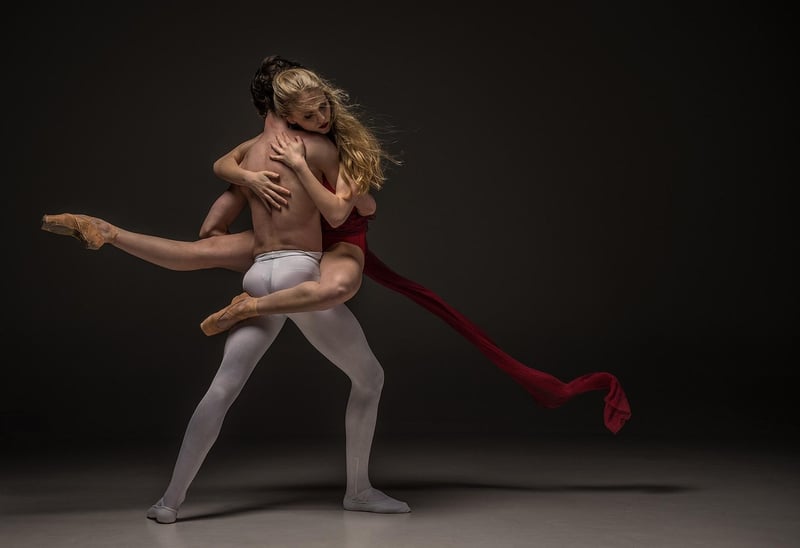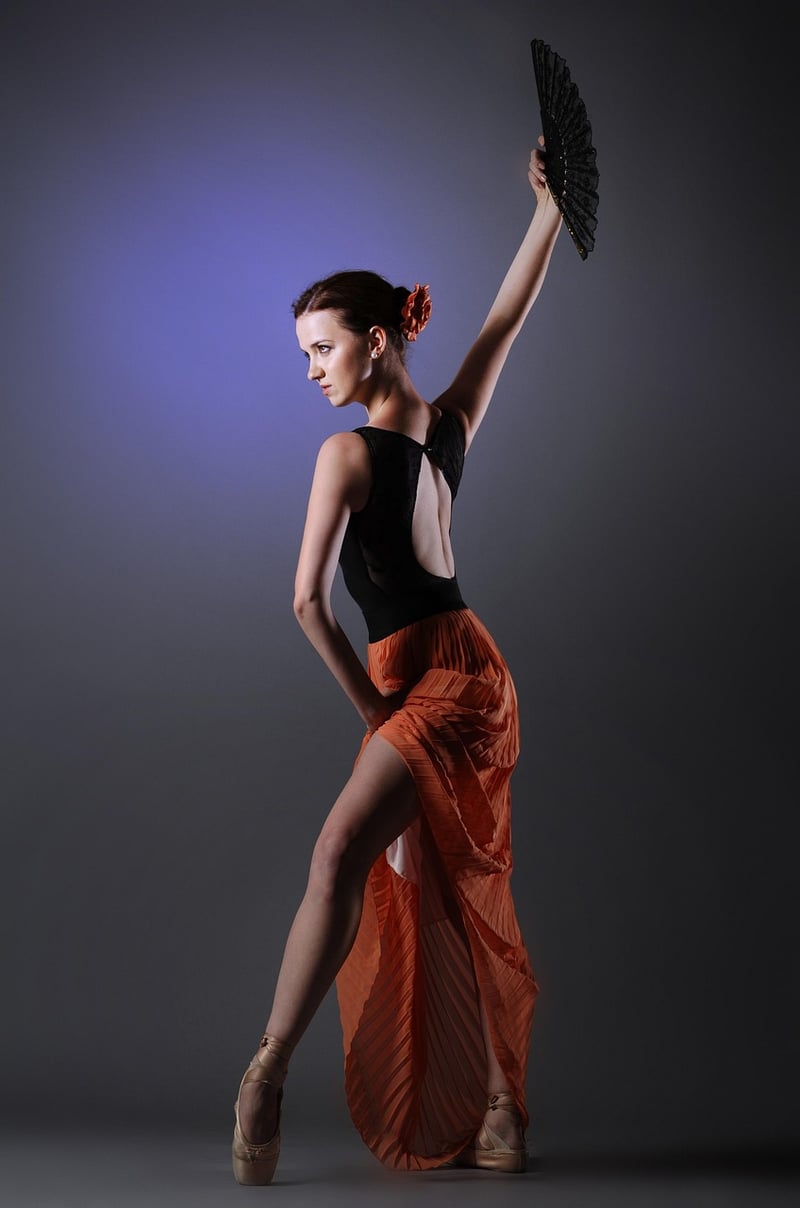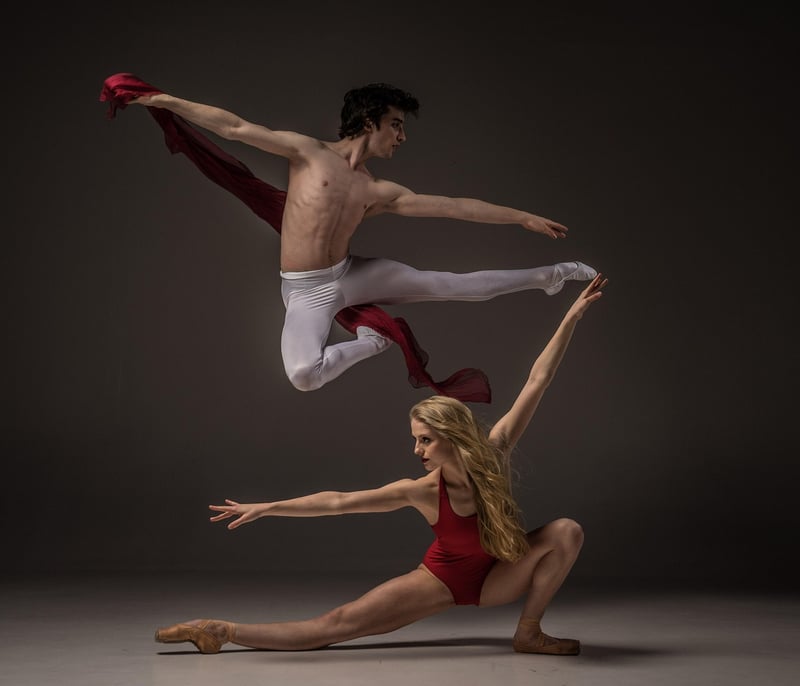Hip Hop
The Art of Expressive Movement in Hip Hop
Hip Hop, as a culture and art form, has always been closely associated with expressive movement. From the rhythmic footwork to the fluid body isolations, dancers in the Hip Hop community use their bodies as instruments to convey emotions, tell stories, and showcase their creativity. Let's delve into the world of expressive movement in Hip Hop and explore how dancers use their bodies to communicate through this dynamic dance style.
Rhythmic Footwork
One of the defining features of Hip Hop dance is its emphasis on intricate footwork. Dancers use a combination of quick steps, slides, and pivots to create rhythmic patterns that complement the music. This rhythmic footwork not only adds a visual flair to the performance but also serves as a way for dancers to connect with the beat and express themselves through movement.

Body Isolations
Body isolations are another essential element of expressive movement in Hip Hop. Dancers have the ability to move different parts of their body independently, creating visually captivating illusions and adding depth to their performances. Whether it's isolating the chest, hips, or shoulders, dancers use this technique to convey emotions and highlight their control over movement.

Storytelling Through Movement
Beyond just showcasing technical skill, dancers in the Hip Hop community often use movement to tell stories and convey messages. Whether it's depicting a personal experience, expressing social commentary, or celebrating cultural heritage, Hip Hop dancers infuse their performances with meaning and authenticity. Through gestures, facial expressions, and choreography, they engage audiences on a deeper level and create powerful connections through movement.

Embracing Creativity
Expressive movement in Hip Hop is all about embracing creativity and individuality. Dancers are encouraged to bring their unique style and personality to their performances, allowing them to stand out and make a lasting impression. Whether it's through improvisation, freestyling, or choreography, Hip Hop dancers constantly push boundaries and explore new ways to express themselves through movement.

In conclusion, expressive movement is at the heart of Hip Hop dance, allowing dancers to communicate, connect, and create art through their bodies. By combining rhythmic footwork, body isolations, storytelling, and creativity, dancers in the Hip Hop community continue to push the boundaries of dance and inspire audiences worldwide.
